In world marketing, Bulgaria and Turkey are the main producers of damask water from the rose family supplying 80-90% of this product. The rest of the world’s production is supplied by Russia, Morocco, Iran and Mexico, France and Italy, Lebanon, India, and china. During an annual celebration that draws visitors from all over the world, Turkish farmer Neriman Kollu has been gathering rose petals for almost 60 years in Isparta, a southern province renowned as the “country of roses.” “Since I was a 5-year-old child, I have been picking roses in the rain, the sun, and the muck. When the rose bags were thicker and we used them for sleeping “In her rose garden, Kollu, 64 years old, spoke to Xinhua. “During harvest season, we rise pretty early and start harvesting at 4 o’clock in the morning until 6 or 7 o’clock in the evening to capture the sunshine,” the old farmer added. While the aroma is pleasant, Kollu noted the task of picking the buds is particularly difficult because his hands were weathered from thorn cuts. In the rose collecting industry for close to twenty years, we find Yildirim Donmez.  “This is a challenging job,” Donmez remarked, adding that a collector could make approximately 280 liras ($16.5) per day during the harvest by collecting 70 kg of roses each day. The harvest season in Isparta lasts from May to the end of June. When the roses bloom in June, the province enters its peak harvest period and the city with the same name is engulfed in a lovely fragrance. The city is also the center of trade for the newly harvested buds and the origin of some of the greatest perfumes in the world. The province produces over 60% of the world’s rose oil, and a variety of rose-based goods are sold all over the world, based to the local tourism office. Along with smaller quantities of lavender, the bloom is a significant source of income for thousands of families in the area. Rose oil, which is rumored to have anti-aging properties, is in high demand from global luxury companies, especially in France and important countries like China. Local government officials and business leaders claimed they are considering making investments in China’s market, where customers have demonstrated a burgeoning interest in “the flower of love.”
“This is a challenging job,” Donmez remarked, adding that a collector could make approximately 280 liras ($16.5) per day during the harvest by collecting 70 kg of roses each day. The harvest season in Isparta lasts from May to the end of June. When the roses bloom in June, the province enters its peak harvest period and the city with the same name is engulfed in a lovely fragrance. The city is also the center of trade for the newly harvested buds and the origin of some of the greatest perfumes in the world. The province produces over 60% of the world’s rose oil, and a variety of rose-based goods are sold all over the world, based to the local tourism office. Along with smaller quantities of lavender, the bloom is a significant source of income for thousands of families in the area. Rose oil, which is rumored to have anti-aging properties, is in high demand from global luxury companies, especially in France and important countries like China. Local government officials and business leaders claimed they are considering making investments in China’s market, where customers have demonstrated a burgeoning interest in “the flower of love.”  “Due to the high level of interest, the Chinese market is the most intriguing. Chinese culture includes rose water as well, and the people there are aware of its health benefits. We’d gradually expand into the Chinese market, “said Alpaslan Yildizhan, director of marketing for the Rosense cosmetics company. He clarified that the Damascene Rose, the sole species utilized to create rose oil, and a recognized “trademark” of the region, is the kind of rose that has been grown in Isparta since the late 19th century. Along with being used in cosmetics, this pink flower also has a potent aroma and is employed in medicine. Isparta has long relied on rose tourism to bring in both domestic and foreign tourists during the harvest and the Rose Festival that comes before it. Fahretdin Gozgun, vice mayor of Isparta, told Xinhua that tourists would be taken to the field to test their own harvest and then learn how the rose is processed, even taking home the rose oil and water that they personally prepared. “We are actively engaged in a project to grow the city’s tourism-related rose business. Numerous traveler teams from the Far East have visited in recent years “. The official said that his province’s publicity effort in China was successful. “Tours from China to Isparta have been hampered by the (COVID-19) pandemic. But now that the outbreak is ending, we anticipate Chinese tourists returning “Added he. Isparta’s rose harvest has not altered significantly since the 19th century, despite technological advancements in flower harvesting and oil extraction methods.
“Due to the high level of interest, the Chinese market is the most intriguing. Chinese culture includes rose water as well, and the people there are aware of its health benefits. We’d gradually expand into the Chinese market, “said Alpaslan Yildizhan, director of marketing for the Rosense cosmetics company. He clarified that the Damascene Rose, the sole species utilized to create rose oil, and a recognized “trademark” of the region, is the kind of rose that has been grown in Isparta since the late 19th century. Along with being used in cosmetics, this pink flower also has a potent aroma and is employed in medicine. Isparta has long relied on rose tourism to bring in both domestic and foreign tourists during the harvest and the Rose Festival that comes before it. Fahretdin Gozgun, vice mayor of Isparta, told Xinhua that tourists would be taken to the field to test their own harvest and then learn how the rose is processed, even taking home the rose oil and water that they personally prepared. “We are actively engaged in a project to grow the city’s tourism-related rose business. Numerous traveler teams from the Far East have visited in recent years “. The official said that his province’s publicity effort in China was successful. “Tours from China to Isparta have been hampered by the (COVID-19) pandemic. But now that the outbreak is ending, we anticipate Chinese tourists returning “Added he. Isparta’s rose harvest has not altered significantly since the 19th century, despite technological advancements in flower harvesting and oil extraction methods.  The town is home to about 30 manufacturers and distilleries, and the majority of its output is exported to other nations for use in cosmetics. However, there are also some edible varieties of fragrant rose petals and water that can be used by chefs to make jams and the Turkish treat known as Lokoum. Nearly every household in Isparta is involved in the rose industry, according to local businessman Yildizhan. In natural perfumery, a variety of Turkish rose oils, including “Rose Attar,” “Rose Absolute,” and “Rose Concrete,” are employed. Turkish rose is used to make natural perfumes, but the entire process requires a lot of human effort because the blooms must be picked and collected by hand. One of the most costly commodities in the world is Turkish rose oil. The Turkish rose has come to be seen as a royal symbol. In our global rose water export company, we use the best machines and methods to pasteurize rose water. We promise to provide you with the highest quality products at the most competitive prices. Rose is the focus of many fragrance and cosmetic companies around the world because of the countless benefits it offers. Some of these brands are among the most well-known brands in the world. To clarify, if your products are not selling as well as before, you should try experimenting with different ingredients to see what effect such changes have. To extract rose water, complex machinery, manpower and agricultural land are all necessary materials.
The town is home to about 30 manufacturers and distilleries, and the majority of its output is exported to other nations for use in cosmetics. However, there are also some edible varieties of fragrant rose petals and water that can be used by chefs to make jams and the Turkish treat known as Lokoum. Nearly every household in Isparta is involved in the rose industry, according to local businessman Yildizhan. In natural perfumery, a variety of Turkish rose oils, including “Rose Attar,” “Rose Absolute,” and “Rose Concrete,” are employed. Turkish rose is used to make natural perfumes, but the entire process requires a lot of human effort because the blooms must be picked and collected by hand. One of the most costly commodities in the world is Turkish rose oil. The Turkish rose has come to be seen as a royal symbol. In our global rose water export company, we use the best machines and methods to pasteurize rose water. We promise to provide you with the highest quality products at the most competitive prices. Rose is the focus of many fragrance and cosmetic companies around the world because of the countless benefits it offers. Some of these brands are among the most well-known brands in the world. To clarify, if your products are not selling as well as before, you should try experimenting with different ingredients to see what effect such changes have. To extract rose water, complex machinery, manpower and agricultural land are all necessary materials.  Its creation requires great precision and can be even more expensive than gold, yet the effect is so significant that the cost is justified.
Its creation requires great precision and can be even more expensive than gold, yet the effect is so significant that the cost is justified.
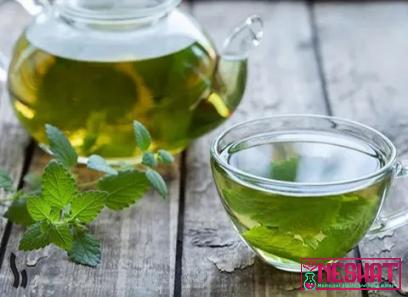
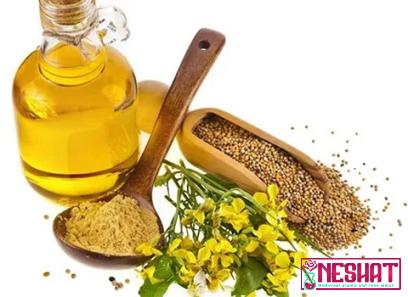
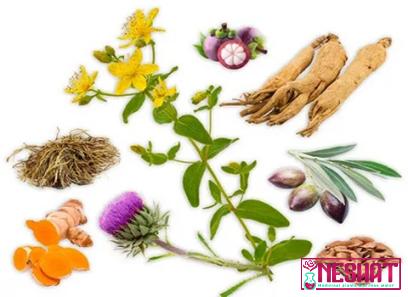
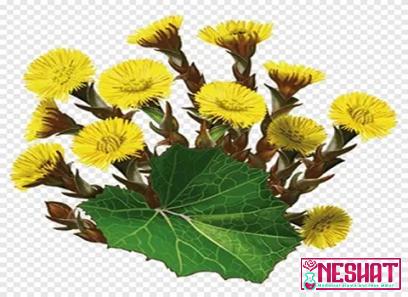
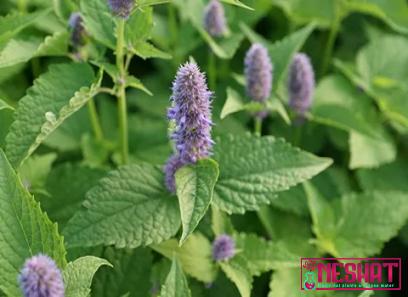
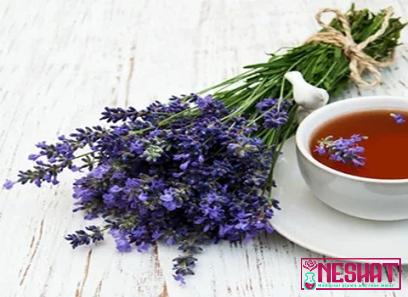
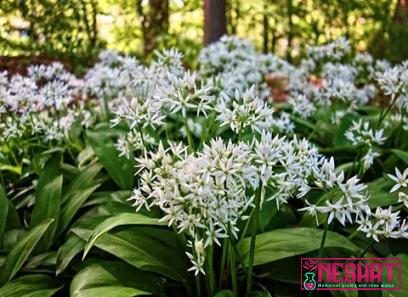
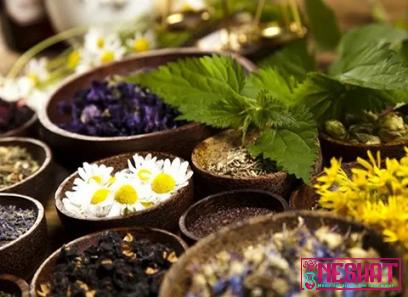
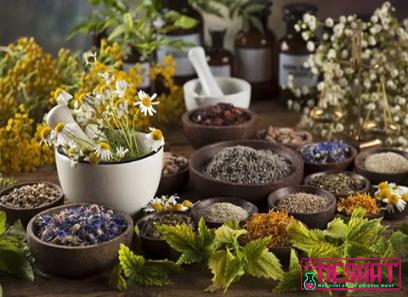
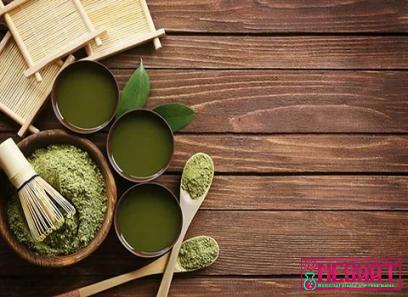
Your comment submitted.